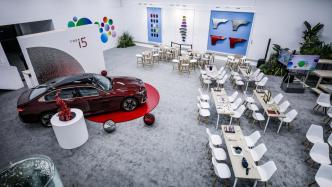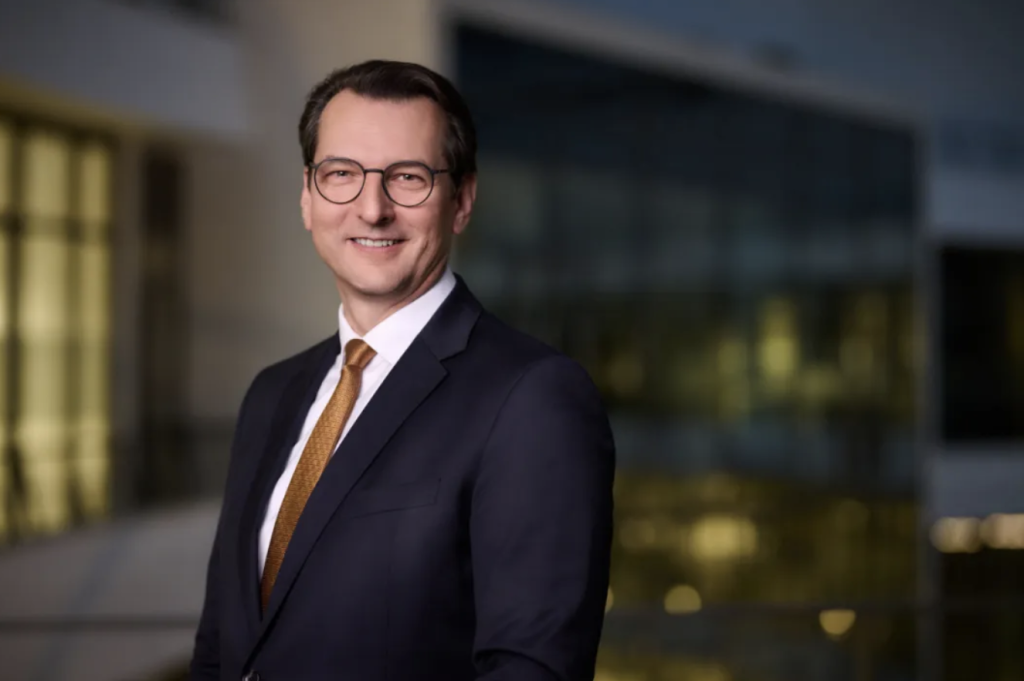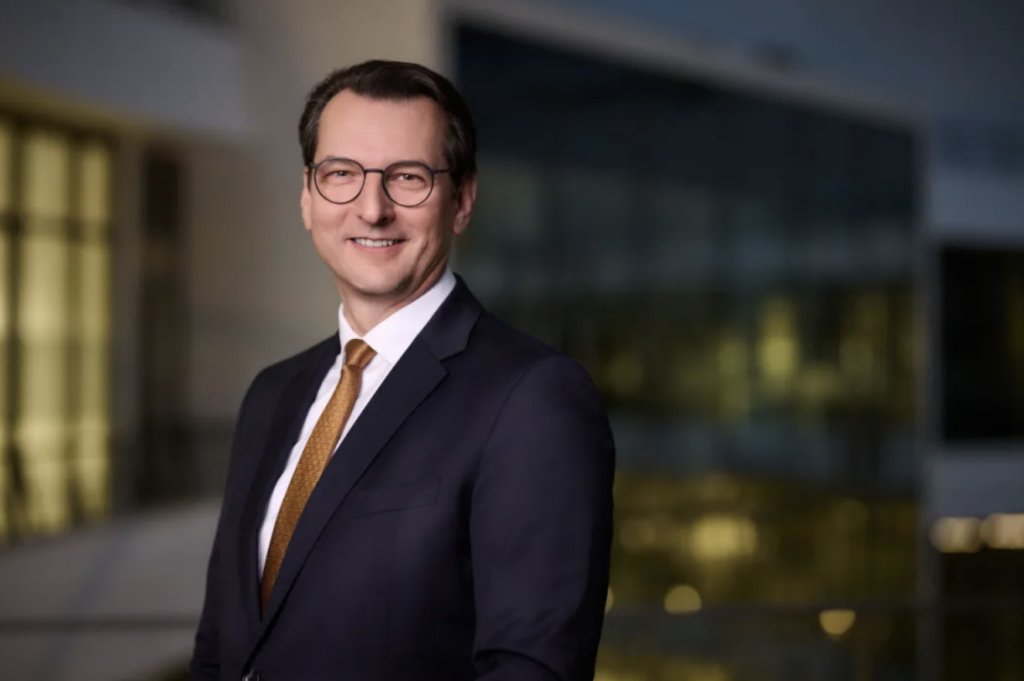
BMW has been pursuing long-term sustainability.
On July 18, the 4th BMW China Sustainability Summit was held in Beijing.
Different from the reports or roundtable discussions used in previous years, this sustainability summit launched the idea of "BMW Sustainable Trend Studio", focusing on the automotive design CMF (Color/Color, Material/Material/Finishing/Technology) that is closely related to customers. ) topic, conveying BMW’s long-term pursuit of sustainable luxury from the dimensions of color, materials and craftsmanship.

Taking the painting process as an example, BMW painting expert Wu Di said that painting is equivalent to the makeup of a car. Women's makeup requires that the base makeup should be light and docile, long-lasting, and convenient for subsequent touch-ups. BMW has a higher pursuit of painting technology: it must be light, thin and beautiful, rust-proof and strong, and environmentally friendly.
Automotive paint is usually divided into four layers in the traditional painting process - electrophoretic layer (primer), mid-coat, color paint and clear coat. If compared with makeup steps, the "electrophoretic layer" is equivalent to skin care before makeup, and the remaining three steps are equivalent to sun protection, foundation, and makeup setting.
According to Wu Di, BMW adopts an "integrated spraying process" in its painting process, which combines the mid-coat and color paint into one process. This is equivalent to using a liquid foundation that combines sun protection and foundation effects when applying makeup.
Through this process, the thickness of the paint surface is equivalent to the thickness of a hair, and the overall coating becomes lighter and thinner. Since the intermediate coating and related drying processes are omitted, it also helps to reduce raw material and energy consumption in production, and reduces the emission of volatile organic compounds (VOC) and carbon dioxide.
It is reported that the paint shop, as the birthplace of automobile body color, is currently recognized as one of the links that produces the most emissions of three wastes (waste water, exhaust gas and solid waste) in the automobile manufacturing process.
As early as 2013, BMW introduced the advanced integrated spraying process (IPP) in China. The 360-degree flip-up electric pool allows the entire vehicle to be painted without dead corners, while achieving water savings of about 15%; the intermediate coating and the color paint are laminated The two are one. While ensuring quality, the spraying process is reduced to two processes. Only the elimination of the middle paint drying furnace can reduce the energy consumption of the coating workshop by 15%.
Regardless of the upgrade project at the Tiexi factory or the Dadong factory, the painting workshops there have installed advanced water circulation management systems. After multiple strict purifications, the production wastewater becomes reclaimed water and is reused in the production process. This results in very low tap water consumption.
It is reported that the water consumption of a single BMW Brilliance unit in 2023 will be only 1.72 cubic meters per unit.
While realizing wastewater recycling and reuse, BMW also pays attention to the remaining "two wastes", reducing volatile organic compound (VOC) emissions and reducing waste. BMW's next "extreme challenge" goal is: by 2024, all vehicle manufacturing plants in BMW's Shenyang production base will strive to achieve "zero waste to landfill."
In addition, BMW has implemented closed-loop recycling of retired power batteries in China. In 2023, a total of 1,041 tons of battery recycled raw materials will be recycled, which can recycle the power batteries of approximately 2,400 BMW i3 eDrive35L vehicles. BMW continues to develop high-quality, innovative and environmentally friendly materials, and has recently trial-produced samples of new materials containing coffee grounds.
As Dai Hexuan, President and CEO of BMW Brilliance, said in his on-site speech, "Luxury as understood by BMW not only means 'taking the best in the world', but also means 'doing the best in the world'. Sustainable development must go hand in hand with high quality. Only by being felt and experienced can we be more sustainable.”


